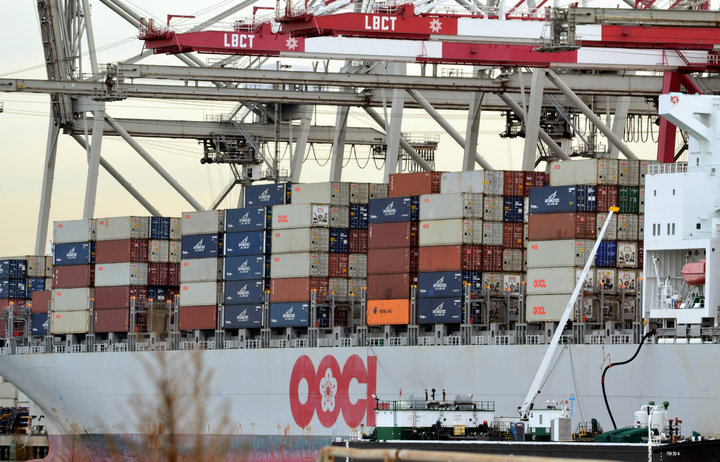Fiscal Policy for Shared Prosperity
As part of their response to negative shocks coming from advanced economies after Lehman's collapse in 2008, most developing countries resorted to countercyclical fiscal policy. Such a policy choice…
As part of their response to negative shocks coming from advanced economies after Lehman's collapse in 2008, most developing countries resorted to countercyclical fiscal policy. Such a policy choice…
The global economic crisis that broke out in 2008 has reawakened interest in fiscal policy. In the early stages of the crisis, there was a widespread turn to counter-cyclical…
Increased cross-learning and cooperation among developing countries has been a remarkable feature of the global economy in recent decades. It's been some time now since knowledge and technology flowed…

Remarks to the Briefing Seminar for the High-level Panel of Eminent Persons on the Post- 2015 Development Agenda New York | September 24, 2012 Speech to United Nations panel…
Gross Domestic Product, better known as GDP, is the market value of all final goods and services produced within a country in a given period. That's why GDP per…
From hedge funds to mortgage-backed securities, unregulated and risky activities have fallen out of favor since the Lehman Brothers debacle. Aggressive, casino-type behaviors and obscure transactions definitely played an…
OTAVIANO CANUTO 13/08/2012 Aperipê TV Published on Sep 4, 2012 Otaviano Canuto, vice-presidente do Banco Mundial para Redução da Pobreza e Gestão Econômica, visita seu estado natal, Sergipe, no Dia…
This week marks the fifth anniversary of the global financial crisis. Five years ago, the world of finance was shocked when BNP Paribas announced a freeze of three of…
Capital Finance International, autumn 2012 The pace of global trade integration over the past two decades has been extraordinary. Trade has been a key driver of global growth, convergence,…
Over the past several decades international trade has expanded dramatically. Today, the volume of world trade is nearly 32 times greater than its level in 1950, and the ratio…
As the year 2012 unfolds, its main legacy will be its game changing impact on global financial markets. Waning global growth along with central banks’ bold monetary easing policies in advanced economies (AEs) to try to reverse it are changing market dynamics in unexpected ways, across both AEs and emerging market economies (EMEs). The combination of monetary stimulus, fiscal austerity and hesitant structural economic policy reforms in AEs, particularly in Europe, is taking the global financial system into increasingly uncharted territory. How the European Union will address the future of the eurozone, including uncertainties over its banking sector, as well as how the United States handles its Fiscal Cliff, will weigh heavily on economic balances across all economies worldwide. This seems to be a significant point of inflection on the speed of the rebalancing of economic relevance of AEs in favor of EMEs taking place over the last 12 years. Under this scenario, the ability of EMEs to handle their own fiscal, financial, and real economy weaknesses is critically tied to their ability to weather external shocks and take advantage of growing global savings while searching for yield and growth opportunities
Neste artigo fazemos um detalhado exame do comportamento das exportações brasileiras nos últimos 15 anos, analisando não só seu crescimento e composição, mas também diferentes dimensões do seu desempenho, incluindo…
Employment numbers released today by the World Bank shed some light on the resilience of job creation and job preservation heretofore exhibited in most emerging countries. According to the…

In 2001, trade representatives from around the world first arrived in Doha, the capital of tiny Qatar, for the latest round of World Trade Organization (WTO) negotiations. The goal…
Europe is the land of generous social programs with not as much inequality as in the U.S., right? It is fair to say that low interpersonal inequality in general…